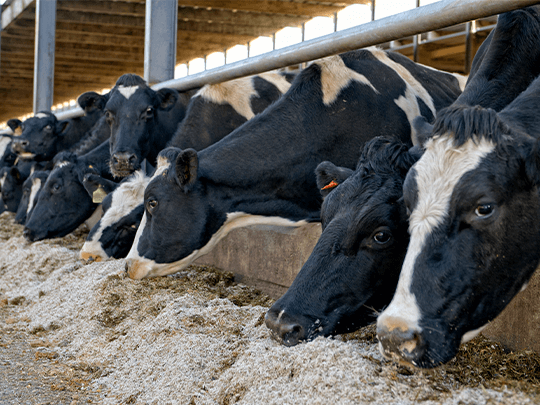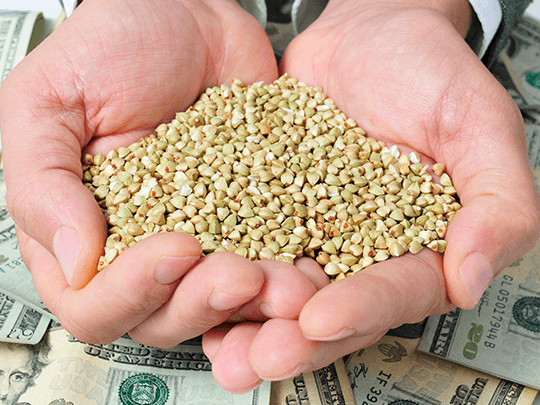The power of nature: Working in favor of feed cost optimization – Part 2
Constantly rising feed costs pose real challenges to producers of animal-based foods. Reason enough to seek for possible solutions to improve feed efficiency in farm animals hence saving feed costs. In this context, phytogenics – plant-based feed additives – seem to become a relevant tool, as they cover a wide range of beneficial effects, including nutrient digestion. Sounds promising? Is promising.
Phytogenics compounds: a proven solution for enhancing animal feed efficiency

The scientific literature is abundant concerning the modes of action and effectiveness of various extracts from plants - the so-called phytogenic compounds used in animal nutrition. These studies demonstrate how these extracts regulate feed intake, optimize the digestive processes of animals, as well as acting on the balance of the gastrointestinal microbiota.
Further, the resilience of animals against health challenges, mitigating the harmful role of oxidation on tissues, among other countless outcomes favorable to the improvement of feed efficiency, in farm animals were proven. In addition, these extracts are derived from different plants, being composed of a wide range of active substances, which allows a broad spectrum of action in different species of animals and their rearing conditions.

Wide range of efficacy
For example, pungent substances can naturally boost circulatory and digestive processes. Certain active substances such as piperine and capsaicin increase the secretion of digestive juices, stimulating appetite and improving digestion. In addition, blood circulation in the intestinal wall is increased, accelerating the transport of nutrients, contributing to a better distribution of nutrients in the body.
When added to swine diets, mucilages positively affect intestinal health, protect the intestinal barrier, and prevent the accumulation of bacterial pathogens. And ruminants, in turn, benefit from the crucial action conferred by tannins. This group can bind to proteins, allowing them to pass through the rumen and increase the amount of derivative protein.
Other properties such as antioxidant and anti-inflammatory modes of action make phytogenics very versatile and valuable for enhancing the nutrients' digestion, metabolism, and deposition.

Linking the functionality of phytogenics to improve feed efficiency in farm animals
The robustness of available evidence leaves no doubt about this wide range of benefits provided by phytogenic feed additives on the efficiency of absorption and retention of nutrients by farm animals. In this way, nutritionists and feed manufacturers can consider the health and performance effects already mentioned and economically.
In fact, there is the possibility of offering feed with a reduced nutritional density but ensuring a similar level of zootechnical performance, compared to those flocs of animals produced in the same condition with feed at normal dietary levels but without using these plant extracts.
For each species of farm animals and each production purpose (meat-type, egg-type, dairy, etc.), it is possible to estimate the potential to improve the use of nutrients based on digestibility assays even zootechnical performance enhancement data. This estimate can be translated into accurate values in the form of a nutritional matrix, which allows easy and safe application of this potential in the daily practice of formulation by animal nutritionists.

Roberto Montanhini Neto
Veterinary doctor, with MSc. and Ph.D. in veterinary sciences, and with relevant experience in leading integrations, premix and feed additives companies. With more than 18 years of experience in the Brazilian and international markets, always focused on developing animal nutrition and feed production projects, especially poultry, swine and aquaculture. Has been working for Delacon since 2018, and currently holds the position of Global Unit Lead, Monogastric.










